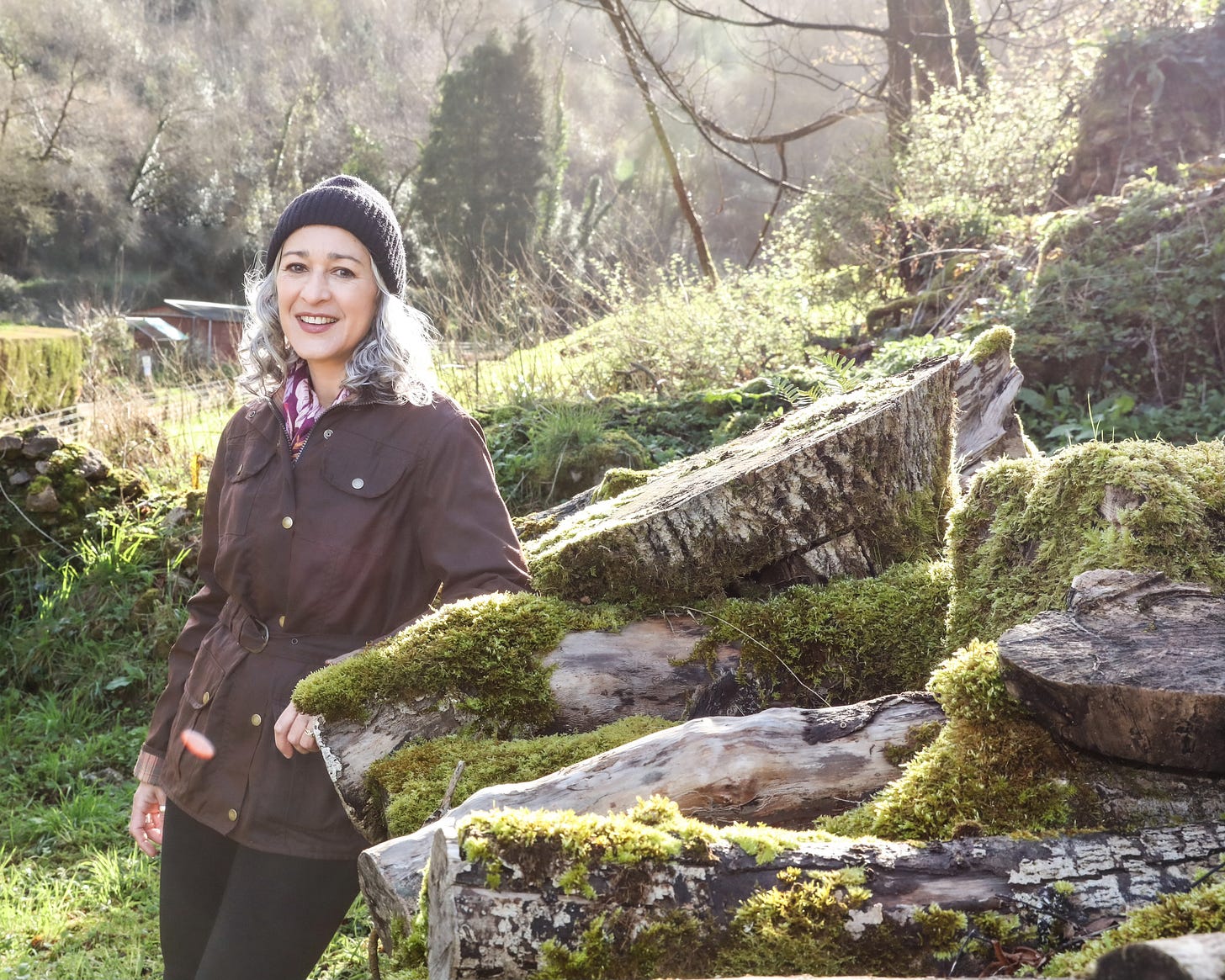Wilderness: Chapter 3
The Tale of Two Fathers: In which I discover what really happened after war broke out in Pakistan, why I have two dads, and we take the first step on our rewilding journey
Hello, I’m Sanjida. I’m an award-winning writer and I write about writing, wildlife and wilderness. Subscribe for free to enjoy one or two posts a month from me. Or, better yet, consider becoming a paid subscriber to see ALL my content, including exclusive resources on how to be a better writer — particularly thrillers and nature writing — read my book, Wilderness, on rewilding and belonging, and join The Coffee House, an online writing group. I’d love you to meet you…
Wilderness: In Search of Belonging traces my journey growing up as a dual heritage child in a white family in predominantly white, rural Britain—a place where I never quite fit in, and my sense of belonging always felt out of reach.
Now, as an adult, with my husband and daughter, I have moved to a remote part of Somerset to begin a mini conservation project. This is my story of our rewilding adventure, an exploration of how nature can help us heal, and a deepening understanding of what it means to truly belong.
The first chapter is here and is free to read.
My own personal history was narrated to me using a third-person objective point of view. It’s not a technique I’ve ever used in fiction personally: it’s a type of neutral narration that does not reveal any of the characters’ thoughts or feelings.
Ernest Hemingway used it in his short story, Hills Like White Elephants. The narrator describes a couple waiting for a train in Spain. She’s pregnant but they don’t refer directly to the baby. Instead, the narrative technique forces us into the position of someone sitting at the next table, sipping a beer and eavesdropping:
“The girl stood up and walked to the end of the station. Across, on the other side, were fields of grain and trees along the banks of the Ebro. Far away, beyond the river, were mountains. The shadow of a cloud moved across the field of grain and she saw the river through the trees.
‘And we could have all this,’ she said. ‘And we could have everything and every day we make it more impossible.'“
This is how the story my mother told me goes:
My mother, Rosemary Harris, was a young, sheltered Protestant woman from Belfast; the first person in her family to go to university. She studied modern languages at Exeter University.
There she met a handsome Muslim man from East Pakistan who was doing a PhD in mathematics. Nazim Khawaja was quiet and gentle and liked poetry.





